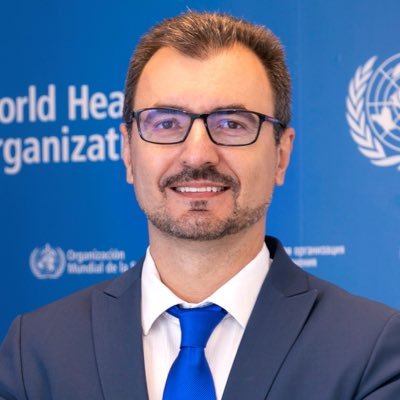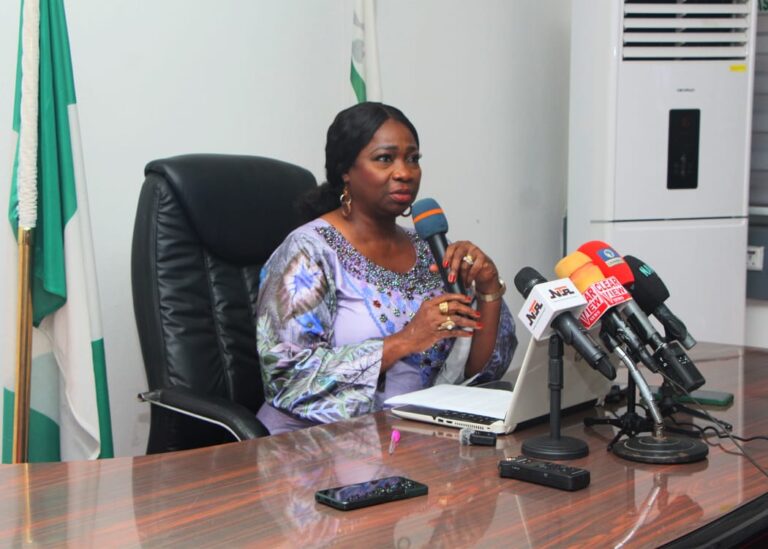
By Fatima Saka
The World Health Organization (WHO) has called for the full integration of mental health and psychosocial support into Nigeria’s emergency preparedness and response systems to safeguard the well-being of citizens during conflicts, epidemics, and natural disasters.
WHO Nigeria Country Representative, Dr. Pavel Ursu, made the call in a speech delivered on his behalf by Dr. Mary Dewan, Technical Officer for Non-communicable Diseases, during a press conference on Friday, in Abuja to commemorate the 2025 World Mental Health Day.
This year’s commemoration, themed “Access to Services: Mental Health in Catastrophes and Emergencies,” underscores the urgent need to prioritize mental health care before, during, and after emergencies.
Dr. Ursu commended the Coordinating Minister of Health and Social Welfare, Professor Muhammad Ali Pate, and his team at the National Mental Health Programme for their leadership and sustained commitment to improving mental health services across the country.
He emphasized that emergencies, whether disease outbreaks, conflicts, or natural disasters, disrupt lives, fracture communities, and leave lasting psychological scars.
According to him, while almost everyone affected by crises experiences emotional distress, one in five individuals develops a mental health condition requiring professional attention.
“In the African Region, mental health and psychosocial support remain inadequately integrated into emergency preparedness and response,” Dr. Ursu noted, stressing the importance of translating global resolutions into practical national action.
He recalled that the World Health Assembly’s landmark resolution of May 2024 mandated all Member States to embed mental health and psychosocial support (MHPSS) across all phases of emergency response.
WHO, he said, has also provided a regional framework to guide countries in strengthening their systems for resilience and disaster risk reduction.
Highlighting Nigeria’s progress, Dr. Ursu stated that WHO has worked closely with the Federal Ministry of Health and Social Welfare, particularly in the North-East, to strengthen mental health systems in areas affected by humanitarian crises. These efforts include capacity building for healthcare workers, integration of mental health into primary and secondary health facilities, provision of essential psychotropic medicines, and renovation of the State Psychiatric Hospital in Maiduguri.
“WHO supported the development of the Borno State Mental Health Strategic Framework and partnered with state authorities and the Federal Neuropsychiatric Hospital to implement outreach sessions and community-based interventions.
“These efforts exemplify how targeted investment in mental health can build resilience and restore hope,” he said.
READ ALSO: WHO Urges Nigeria to Integrate Mental Health Support into Emergency Response Systems
If Budget Works Well, Nigeria Economy Will Work Well — Senate Moves to Strengthen Fiscal Reforms
Dr. Ursu further urged stakeholders to renew their commitment to building stronger and more resilient health systems, emphasizing that mental health services must be readily available and accessible, particularly in times of crisis.
“Together, we can ensure that mental health support is not only available but truly accessible when it is most needed, offering hope, healing, and dignity to all communities,” he said.



